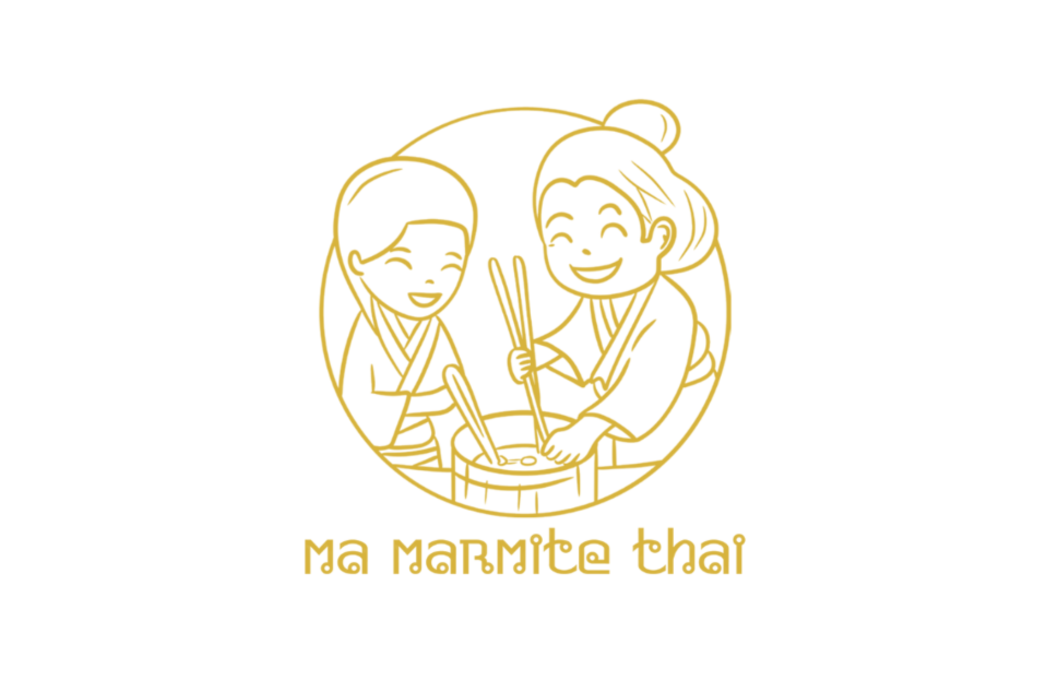Customer testimonials
Sous-vide cooking of meats and pasteurization: Flunch Traiteur testifies
16
Feb

Published on : 16/02/2021
Flunch Traiteur, a subsidiary of the Flunch group, decided to internalize the cooking of its meats intended for meal trays. The CTCPA accompanied the company on the cooking of vacuum-packed meats and on the pasteurization.
The two Flunch Traiteur workshops in the Lille area now have about sixty employees. Sébastien HOURDIAUX, director of the workshops, decided to call upon the CTCPA to train his teams to cook vacuum-packed meats within the framework of a control of the pasteurization intensities to guarantee the sanitary safety.
In what context did you call upon the CTCPA?
We have been offering meal trays to companies for 10 years. Historically, our meal trays were only made of cold assemblies (sandwiches, clubs, canapés...).
We wanted to rework our recipes, to reintroduce the restaurateur's gesture and to source local raw meat. We wanted to vacuum-pack the meat and cook it at a low temperature to increase the organoleptic quality of our meal trays.
Concerning our meat, we use an exclusive supplier who is located 20 kilometers from our workshop. He supplies us with 100% French meat.
Since we were only doing assembly, our employees were not trained in this type of cooking. We are a sanitary approved workshop. By changing the way we prepare the meat, we had to update our approval file.
Why did you call on the CTCPA?
The CTCPA was recommended to us for its ability to set up protocols to develop preservation processes guaranteeing the sanitary safety while respecting at best the product quality, (choice of germs, DLC, analyses...). The CTCPA could also intervene in our premises.
How did the service with the CTCPA go?
Xavier DEVIS (project manager at the CTCPA) first trained the management staff, i.e. Aurélie MORY (Flunch QHSE manager), Guillaume ROCHES (R&D manager) and myself, workshop manager, which allowed to set objectives and sanitary safety criteria. We then addressed the principles of safety in vacuum cooking by mastering the calculation of pasteurization intensities and by determining these intensities according to the target germs. Then the transmission of knowledge was extended to about ten employees, who now train other employees in turn.
Xavier Devis was very accessible. He popularized the technical information of his training in order to adapt to our level
of knowledge. He understood our issues, our desires and the key points we needed.
Then we adapted the HACCP method (Hazard Analysis and Critical Control Point) to these new processes that we validated with Alexandre Dupuis (director of the CTCPA Amiens).
At the same time, in order to establish the safety criteria for the cooking steps, the CTCPA determined the target germs (salmonella, lysteria) as well as the cooking intensities.
Finally, the CTCPA verified our processes by controlling the cooking equipment by temperature distribution of our immersion heaters using on-board sensors. Heat treatment intensities were measured in order to guarantee the destruction of target germs. The critical points were also determined in order to bring a control on the sampling of the samples intended to leave in analysis (according to the filling of the baths, typological of the pieces of meats...).
The service was finalized by a protocol of validation of the microbiological life span of the products with a laboratory partner of the CTCPA which is expert in SLED.
What is your assessment today? What are the next steps?
We are delighted to have been able to reintroduce the restaurant's gesture in our meal trays and to have thus increased the gustatory quality of our meal trays. We would like to extend this approach to the cooking of vegetables and fish from now on.
Company card workshops 2020-21
Website of Flunch Catering
@flunch - Instagram
@flunch / Twitter
flunch | Facebook
flunch | LinkedIn
Contacts :
Flunch caterer : Sébastien HOURDIAUX- sebastien.hourdiaux@flunch-traiteur.fr
CTCPA : Xavier DEVIS for the process and technology part - xdevis@ctcpa.org - +33 3 22 53 23 00 /
CTCPA : Alexandre DUPUIS for the food quality and safety part - adupuis@ctcpa.org






